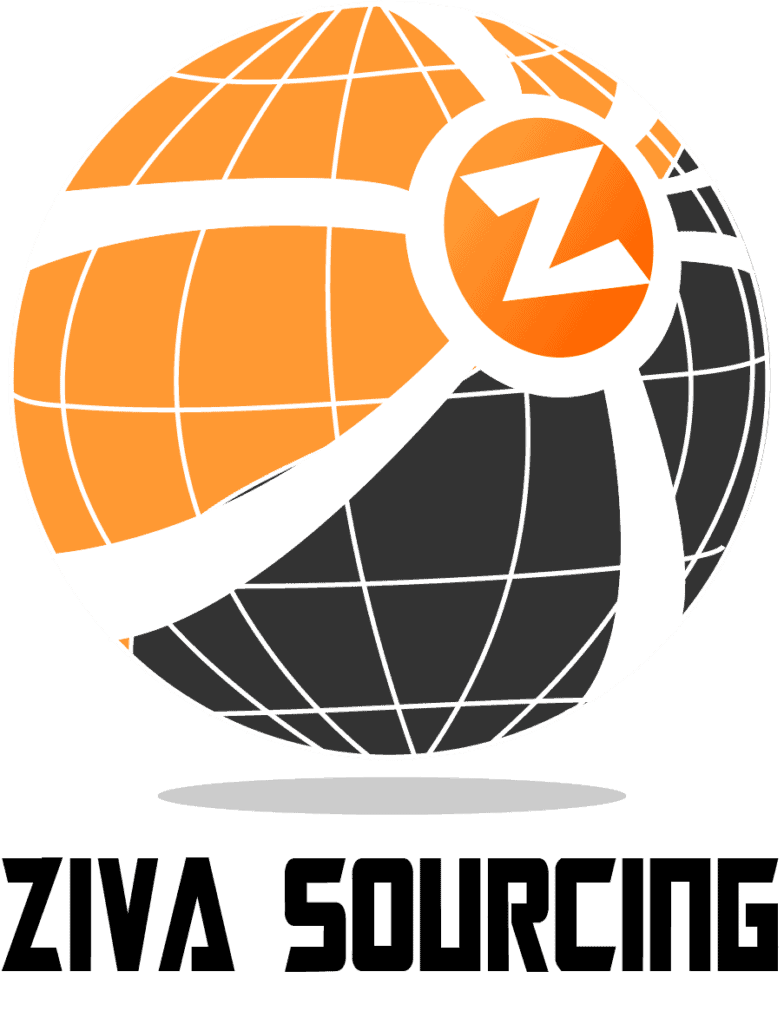What is a sourcing agent?
Depending on the needs of the client, the sector, and the agent’s area of expertise, the precise functions and duties of a sourcing agent can change.
Businesses frequently rely on sourcing agents to minimize expenses, streamline costs, and gain effective access to international markets. Working with a sourcing agent requires clear contractual agreements and effective communication to achieve successful cooperation.
Navigating Global Markets: The Role and Significance of Sourcing Agents
Businesses must source goods and materials from vendors around the world in today’s globally connected society. This difficult duty frequently entails difficult negotiations, quality control, and navigating global trade laws. Many businesses use sourcing agents to optimize this procedure and guarantee effectiveness. In the realm of global trade and supply chain management, sourcing agents play crucial roles that will be discussed in this article.
Understanding Sourcing Agents
A sourcing agent, also known as a procurement agent or sourcing intermediary, is a professional or company specializing in the procurement of products or materials on behalf of a client. Sourcing agents act as intermediaries between buyers (usually businesses or individuals) and suppliers or manufacturers. Their primary goal is to facilitate and optimize the procurement process, particularly when it involves complexities such as international sourcing.
The Crucial Roles of Sourcing Agents
Sourcing agents perform a diverse range of functions that are essential to efficient procurement. Here are the key roles they play:
Supplier Identification:
Sourcing agents research and identify suitable suppliers or manufacturers that align with the client’s needs and specifications. This involves extensive market research and supplier evaluation.
Negotiation Expertise:
Successful sourcing relies heavily on negotiation. To get favorable terms and circumstances, including pricing, payment periods, and quality requirements, sourcing agents use their negotiating abilities. Their local expertise may be crucial to a successful negotiation.
Quality Control:
A priority is ensuring product quality. To ensure that products match the client’s exact requirements and conform to strict quality standards, sourcing agents frequently carry out factory inspections and quality checks.
Cost Savings:
Cost efficiency is a central objective of procurement. Sourcing agents identify cost-effective suppliers, negotiate competitive prices, and seek opportunities to reduce overall procurement costs.
Supply Chain Management:
Beyond procurement, sourcing agents oversee various aspects of the supply chain, including the coordination of shipping, customs clearance, and managing product delivery to the client’s location.
Risk Mitigation:
International sourcing carries inherent risks, such as supplier reliability and compliance with regulations. Sourcing agents conduct due diligence to minimize these risks.
Language and Cultural Expertise:
International trade can be significantly hampered by linguistic and cultural barriers. Effective communication and comprehension are facilitated by sourcing agents, who are frequently multilingual and knowledgeable about local cultural quirks.
Market Insights:
Sourcing agents provide valuable market insights and research, helping clients make informed decisions about product sourcing. This includes information on market trends, competitors, and pricing dynamics.
Product Customization:
Sourcing agents assist in customizing products to meet specific client requirements, whether that involves modifying product design or incorporating unique branding.
10. Supplier Relationship Management:
Building and maintaining strong relationships with suppliers is essential for long-term success. Sourcing agents act as intermediaries, nurturing these relationships on behalf of the client.
11. Legal and Regulatory Compliance:
It can be challenging to navigate the legal and regulatory facets of global trade. In order to comply with import/export laws, quality standards, and issues over intellectual property, clients need sourcing agents.
12. Time Efficiency:
Sourcing agents handle the entire sourcing process, from supplier selection to product delivery. This streamlines operations and saves businesses valuable time.
The Significance of Sourcing Agents
Sourcing agents have gained immense significance due to several compelling reasons:
International Supply Chains:
In the modern international economy, businesses frequently need to obtain goods from other nations. The knowledge necessary to negotiate the difficulties of international trade is available to sourcing agents.
Cost-savings and effectiveness:
Finding affordable suppliers and negotiating good terms are skills that sourcing agents specialize in, which, over time, result in significant cost savings.
Quality Control
For businesses, maintaining consistent product quality is essential. Agents in charge of sourcing ensure that goods meet strict specifications and quality requirements.
Market Growth:
By locating acceptable suppliers and comprehending regional market realities, sourcing agents help organizations expand into new markets.
Risk Mitigation:
Sourcing agents play a pivotal role in mitigating risks associated with supplier reliability, quality, and compliance with regulations.
Focus on Core Activities:
By outsourcing procurement-related tasks to sourcing agents, businesses can concentrate on their core activities and strategic initiatives.
Customization and Adaptation:
Sourcing agents facilitate product customization, allowing businesses to adapt products to meet specific market demands.
Access to Expertise:
Sourcing agents possess specialized knowledge and experience in procurement, making them valuable partners for businesses seeking to streamline their sourcing processes.
The Evolving Role of Sourcing Agents
The field of sourcing agents continues to evolve with technological advancements and shifts in the global business landscape. Here are some notable trends and developments:
Technology Integration:
Sourcing agents increasingly rely on technology, such as e-procurement platforms and data analytics, to streamline processes and make data-driven decisions.
Sustainability and Ethical Sourcing:
The importance of ethical and sustainable procurement methods is rising. To assist clients in locating suppliers who share these values, sourcing agents make adjustments.
Greater Transparency:
Transparency in the supply chain is a top priority. Sourcing agents verify suppliers’ practices and adherence to regulations to ensure transparency.
Supplier Diversification:
In order to reduce reliance on a single source and reduce supply chain risks, sourcing brokers help clients diversify their supplier base.
Supply Chain Resilience:
The COVID-19 pandemic made the need for supply chain resilience clear. Building more reliable supply networks for their clients is the current focus of sourcing agencies.
FAQ
What is a sourcing agent?
A professional intermediary who manages global procurement and supply chain logistics for businesses.
What does a sourcing agent do?
They identify suppliers, negotiate costs, ensure quality control, and manage international shipping and compliance.
Why use a sourcing agent?
To reduce costs, save time, mitigate risks, and gain expert access to international manufacturers and markets.
How do sourcing agents save money?
They leverage negotiation and local market knowledge to secure lower prices and favorable payment terms.
Do sourcing agents ensure product quality?
Yes, they conduct factory inspections and quality checks to ensure products meet specified standards.
Can sourcing agents help with custom products?
Yes, they facilitate product customization and design modifications with manufacturers.
Conclusion:
In summary, a sourcing agent acts as a vital strategic partner for businesses navigating global supply chains. They deliver significant value by optimizing costs, ensuring quality, managing complex logistics, and mitigating the inherent risks of international trade.
By leveraging their expertise, companies can enhance efficiency, achieve greater supply chain resilience, and secure a competitive advantage in the global marketplace.


